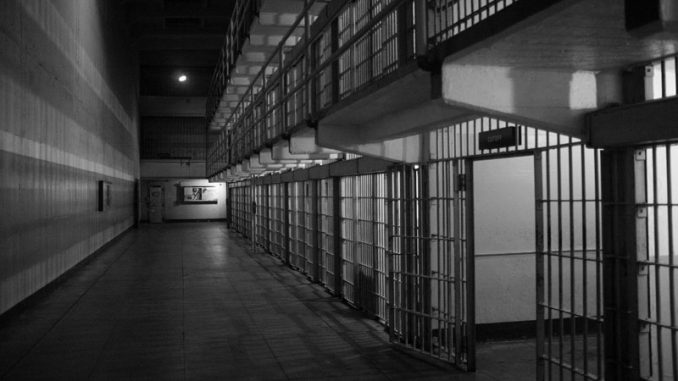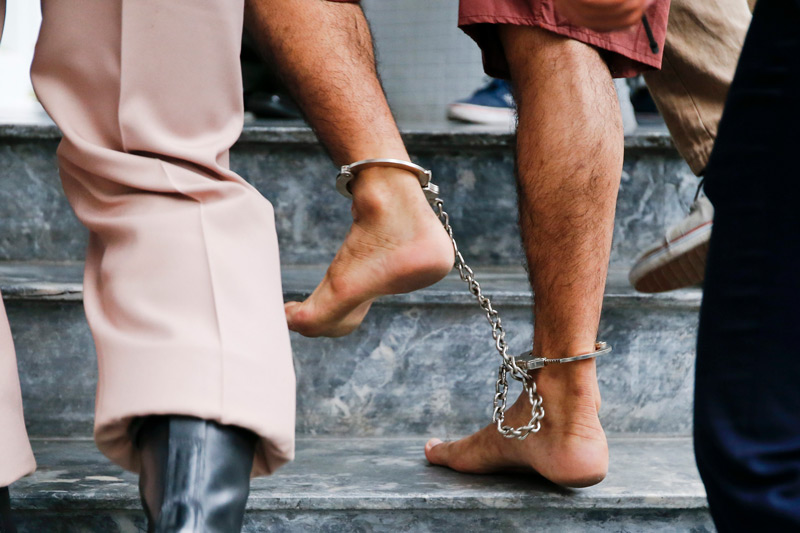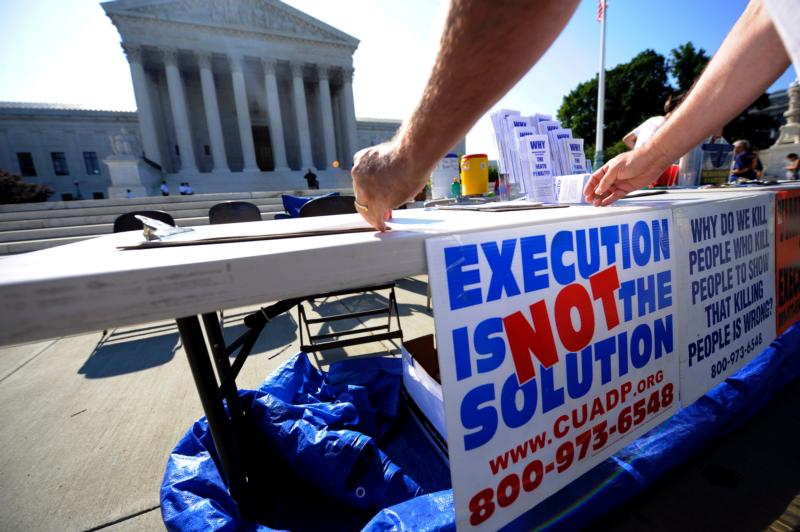
The South Carolina Supreme Court has issued a stay of execution for an inmate on the state’s death row.
Richard Bernard Moore was scheduled to die by lethal injection on Friday, Dec. 4. Moore filed a protest with the state’s Supreme Court objecting to what he called “secrecy” surrounding the execution and requesting a stay.
On Nov. 30, the court issued the stay because the South Carolina Department of Corrections has not been able to obtain the drugs to be used in the lethal injection.
The stay notes that because Moore waived his right to choose the method of his execution, then according to state code (2007), the death penalty must be administered by lethal injection. State law gives death-row inmates the right to choose between lethal injection and the electric chair.
“The Court has now been advised the South Carolina Department of Corrections does not have, and will not be able to obtain, the drugs required for execution by lethal injection by Dec. 4, 2020,” the stay reads. “Accordingly, we stay the execution until the South Carolina Department of Corrections advises the Court it has the ability to perform the execution as required by the law.”
The SCDC has not been able to obtain drugs for use in executions for several years because the state does not have a law that shields the identity of companies who sell them. The last execution in South Carolina took place in 2011.
Moore, 55, has been on the state’s death row for 19 years after being sentenced to death in 2001 for killing a clerk during a convenience store robbery.
Leaders in the Catholic Diocese of Charleston have been closely following Moore’s case and advocating against use of the death penalty. Church teaching states opposition to the death penalty because it denies the sanctity of all human life.



